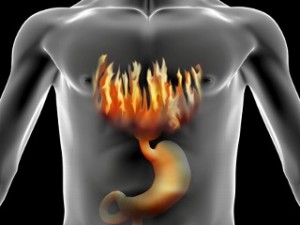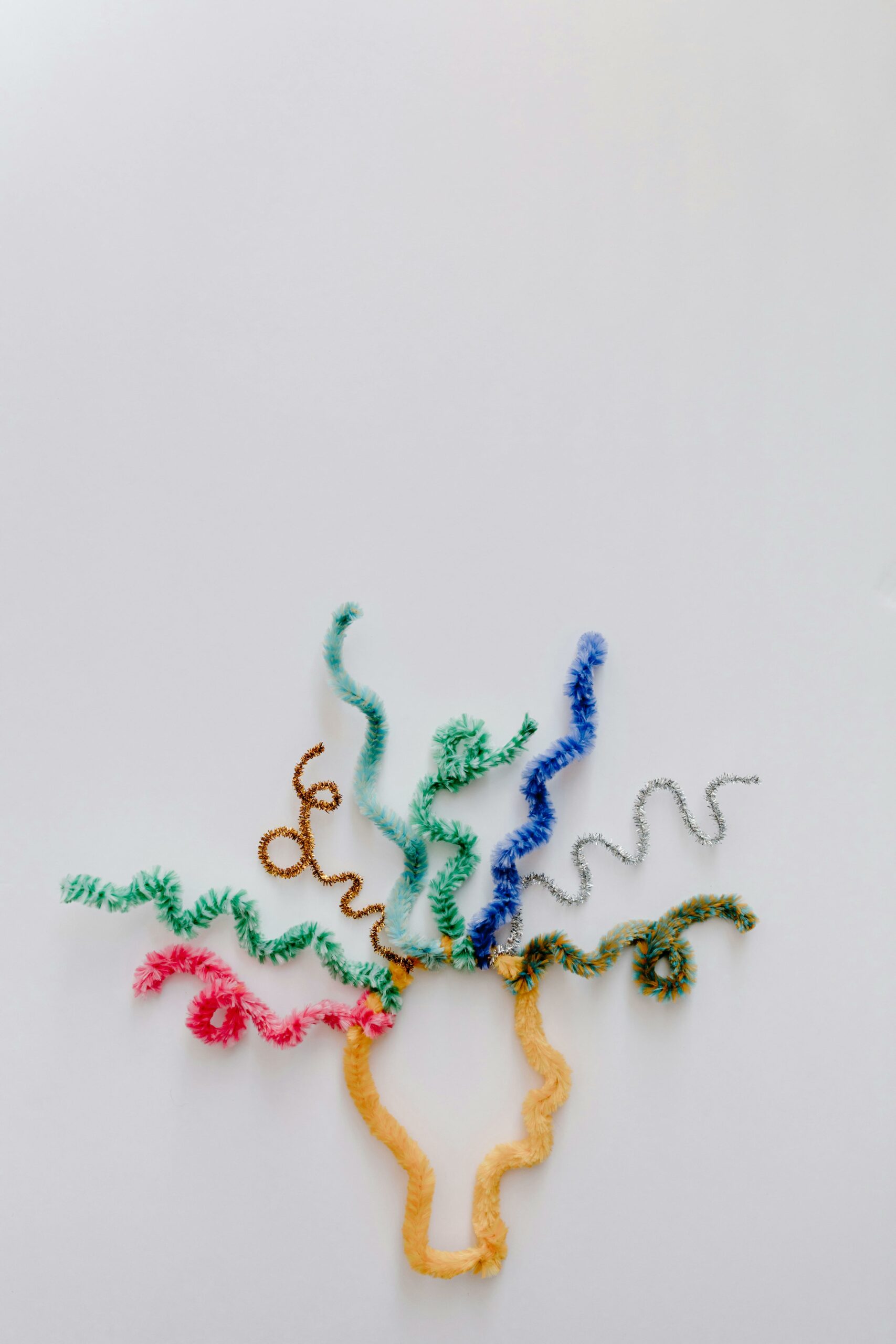Are You Taking That Little “Purple Pill”?
Category: Healthy Nutrition

We all have suffered from heartburn once in a while….perhaps after a heavy or spicy meal. Many years ago when I was very very pregnant and had indulged in a delicious but very spicy chili dish I experienced that.
Heartburn, as you know, is that uncomfortable sensation that usually starts just below your breastbone and can radiate into your throat. As the fire in the picture above, it is not a pleasant feeling as the bitter taste of acidic stomach contents work their way to your mouth or throat!
Perhaps that is why the “purple pill“, widely advertised to the public and promoted to physicians, is the second best-selling prescription drug in the U.S. since 2005. Collectively, according to the Harvard Health Letter, billions of dollars are spent each year on PPI’s.
As mentioned in my “tree metaphor” post about the value of physicians looking at our bodies as a gardener would in tending a garden, rather than simply “coloring the leaves” of the tree, (prescribing that purple pill), the physician would talk with the patient about the role that dietary and lifestyle changes can play in alleviating heartburn, such as:
- eating smaller meals
- not lying down for at least three hours after eating
- losing weight
- avoiding alcohol
- a bacterial infection in the stomach perhaps?
- a lack of stomach acid or pancreatic enzymes?
- something as simple as a food allergy?
This type of “gardening” by the physician leaves pharmaceutical intervention out of the picture. Not a lucrative “picture” for the pharmaceuticals, however. Many people have used Bifidus acidophilus, a natural supplement, which provides dietary support for the normal, healthy balance of intestinal flora helping to restore a natural digestive balance, supporting immune health, and promoting healthy intestinal activity, good digestion, and colon regularity.
The NY Times examined 11 studies and found that patients taking PPI’s were 29% more likely to get fractures and those taking high doses were 53% more likely to get hip fractures in particular. Dr. Seung-Kwon Myung, a staff physician and senior scientist at the National Cancer Center in Seoul, South Korea, and one of the paper’s authors, said PPI treatment may affect the intestine’s ability to absorb calcium. (Suppression of stomach acid interferes with calcium absorption). “Long-term or frequent use of PPI’s should be avoided,” he said.
A recent study from Indiana University stated that long term users (2 years or more) of PPI’s more than doubled their risk of developing dementia later in life. The PPI’s apparently block B12 absorption and mineral absorption and impair protein digestion.
Another cause for concern is a potentially fatal hospital-acquired infection called Clostridium Difficile. The increases in the risk of Clostridium difficile infection shown in the second PPI study were “not at all modest,” according to Dr. Katz. Apparently, stomach acid protects against infections, especially those as life-threatening as C. difficile. This infection is a serious threat in hospitals and is found increasingly in the community. This study was done in over 101,000 people discharged from hospitals over a five-year period. The researchers found that as the level of stomach acid suppression increased, so did the risk of C. difficile infection (a bacterium capable of causing life-threatening cases of diarrhea (10 bowel movements a day) and conditions like colitis, an inflammation of the lining of the colon). In other words, the increase in those who suffered a C. difficile was clearly related to PPI dose. Hospital patients who received a daily PPI showed a 53% increase in the risk of C. difficile compared to those who did not. The increase climbed to 95% in those who received a PPI more than once a day. The risk was the highest in the patients over age 80 given high PPI doses and in patients given antibiotics.
Rather than take the risk of having some of these side effects of PPI’s listed, the natural approaches listed above would seem to be a better approach which includes dietary and lifestyle changes. Occasional heartburn is not worrisome or dangerous (such as what I experienced). Those with GERD (gastroespohageal reflux disease), caused by a physical condition when the ring of muscle between the esophagus and stomach does not work properly, if not treated, over time, can cause inflammation to the lining of the esophagus, resulting in bleeding, scarring, and a narrowing of the esophagus. This is not a condition to be taken lightly. Taking a PPI for a short period of time (as short as possible!) can help the esophagus to heal. Then turning to more natural, preventative measures would be a better alternative.
Some natural supplements I find helpful include Stomach Soothing Complex, with ingredients of peppermint, ginger, fennel, and anise to relieve and soothe an unsettled stomach and EZ-Gest, which relieves gas, bloating, and feelings of fullness and aids in the digestion of dairy, proteins, fats, and complex carbohydrates. It includes 5 plant-based digestive enzymes. The last one is Chewable Cal Mag Plus which can be used as an antacid to relieve heartburn, acid indigestion, and upset stomach as well as promotes bone health. Ask me about these helpful supplements.
What about you? Are you one of the more than 15 million who suffer from heartburn daily? What is your remedy? I have a great webinar coming up that discusses pharmaceutical drugs by a pharmacist, Rusty Oats, RPh. If you would like to learn more about the interactions between nutrients and pharmaceuticals, go here to register for free.



Facebook Comments